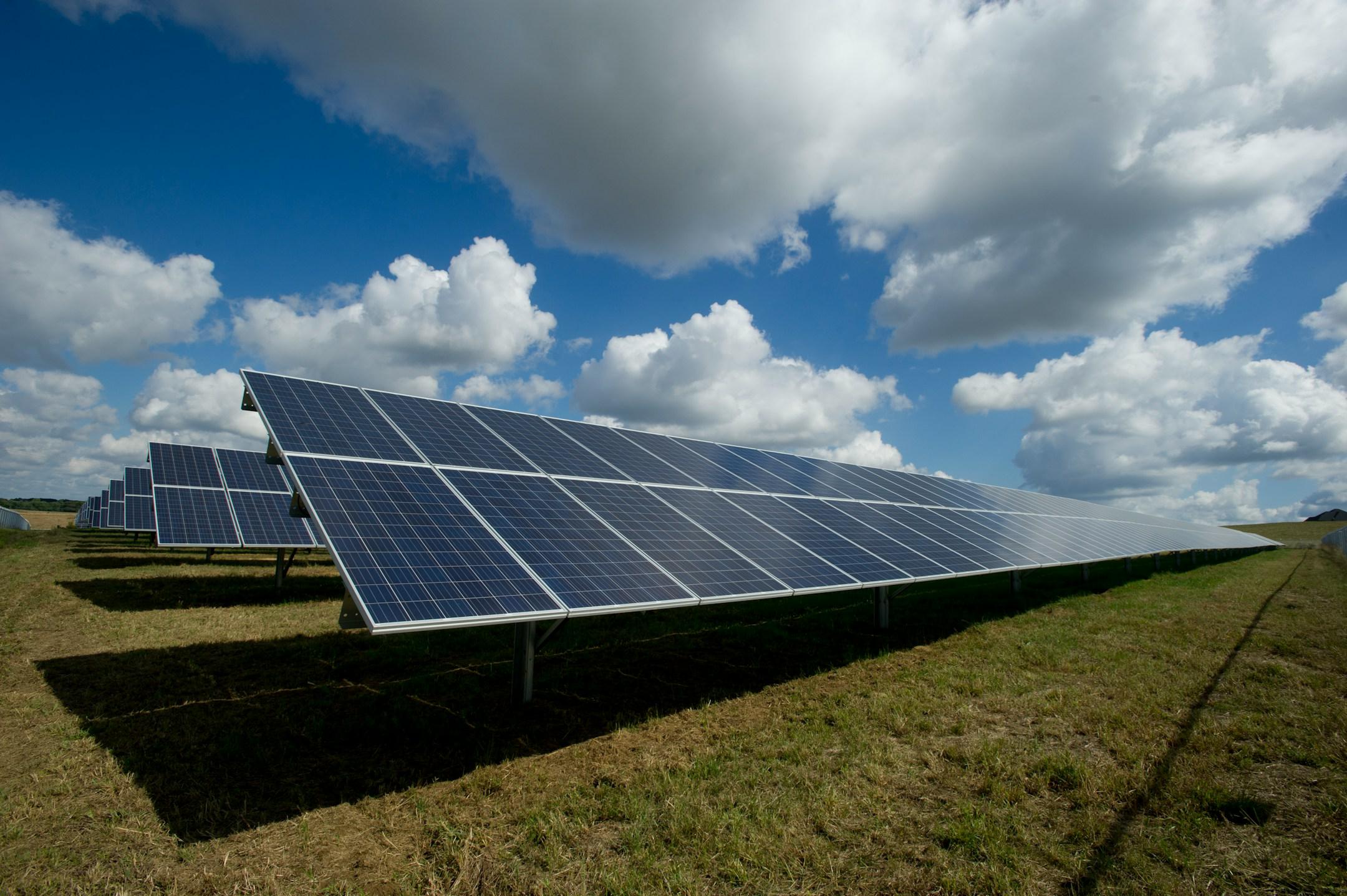
As we look towards 2040, electricity demands are expected to double, making the shift from a traditional centralized grid to a decentralized model not just a possibility, but a necessity. Decentralization leverages local renewable sources like solar energy and advanced nuclear reactors to meet the increasing power needs more efficiently and sustainably.
However, there are significant challenges on the horizon:
Consumer Impact: Rising grid construction costs ultimately result in higher electricity delivery fees, directly impacting consumers as these expenses are passed down.
To overcome these challenges, embracing technological innovations and policy reforms is critical. Solutions like smart grid technologies, enhanced forecasting systems, and grid-scale storage will be pivotal in managing a decentralized grid. This transformation requires not only the adoption of new technologies but also a rethinking of our approach to energy management, ensuring a reliable, efficient, and sustainable future for all.